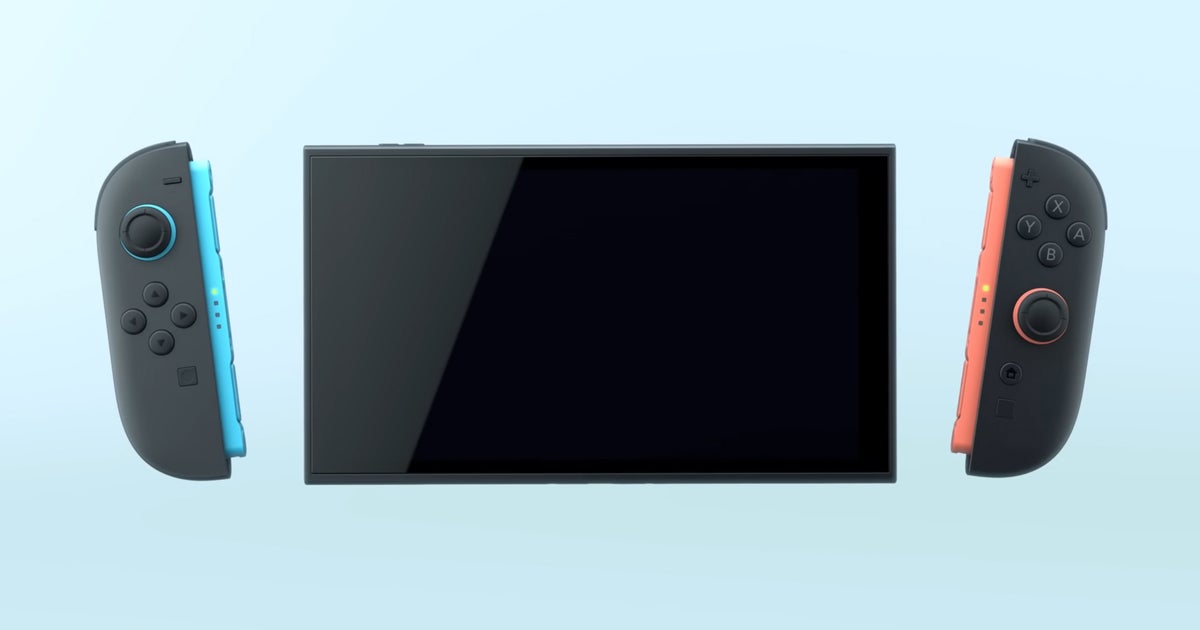If you’re someone who likes retro gaming with original hardware while still getting the best image quality, then the RetroTink 4K is currently the absolute best way to go. However, it is expensive, so if you’re not willing to pay for such an enthusiast device, then a cheaper version is on its way.
Before you get too excited, it’s still an expensive proposition. The RetroTink-4K CE (cheaper edition?) will still run you $475 USD. That’s quite a bit cheaper than the $750 for the RetroTink-4K Pro, but it’s still quite expensive. Considering you can get a Nintendo Switch for cheaper, you can see how this is an enthusiast-only device.
To back up for a sec, the RetroTink-4K is a type of hardware that upscales the video output of older devices. Your TV technically already does that, but for anything lower than 720p, it no doubt does a really crappy job. If you want to make your old consoles look like something you’d see from an emulator, you run it through one of these. It’s a pretty deep rabbit hole if you want to get the absolute best video quality, and certainly not for the faint of heart.
The RetroTink-4K CE still does a lot of what the Pro version does, including, y’know, upscaling to 4K. It also has all the inputs, with the only outward difference being its color. It’s compatible with the same profiles that the normal model supports. For most people, this will be more than good enough.
The downside is… Well, okay, I’m just going to paste what Mike Chi wrote, since he can do a better job of explaining it:
- No Rotation Support
- Input Width Limitations: Maximum input source horizontal width is limited to 2048 pixels. (This does not affect MiSTer or other super-resolution sources decimated to a lower effective resolution).
- De-Interlacing: Linear motion-adaptive de-interlacing only without advanced sensitivity controls; no bob field offset adjustments, no edge-adaptive interpolation. First order field differences only, enhanced motion detection using second order field differences not possible.
- Inverse Telecine: No support for inverse 3:2 to de-interlace telecine content or to reconstruct 24 fps sources from 60i and 60p. No support for inverse 2:2 for PAL content and reconstructing 30 fps games output in 480i.
- No IIR Blur Support: Horizontal softening can still be accomplished by using cubic, Lanczos or bilinear soft interpolation filters.
- BFI: Basic BFI insertion of black whole frames only. No alpha bending or colored insertion.
- S-Video: No enhanced S-video support. Regular SDP decoder only.
- XBR Smoothing: Not included.
- NTSC Composite Video: No 3D comb filtering. Notch and 2D modes only.
- Auto-Phase Adjustment: Continuous background auto-phase is not available (auto console sample rate detection is still included, but users will need to calibrate and save the phase to their profile during first use). On-demand auto phase (by pressing the button) is still supported.
- OSD Color Depth: Reduced color depth for the banner image from 11 to 6 bits.
A lot of that is reasonable. I think the loss of motion-adaptive de-interlacing would be the biggest downside for me. Lack of enhanced S-Video might be a bummer for others, but since my setup is almost entirely SCART and HDMI, it doesn’t affect me very much. Still, it’s a reasonable set of tradeoffs that ensure it’s still an impressive bit of kit.
I bought a RetroTink-4K Pro on something like its third production run to replace my aging Framemeister. It’s maybe not the most sensible of investments I’ve ever made, but I can’t argue that I’ve already gotten a tonne of use out of it. I’m not the most technical user when it comes to video equipment, but over time, I’ve learned to get more out of its features. It’s something that demands tinkering, so if you haven’t dipped your toes into upscalers, then maybe don’t. Have you considered tracking down a decent CRT? It might be cheaper. I like sharp pixels, though. Speaking of which, it’s about time I did another run of updates on it.
The RetroTink-4K CE will be released soon for $475 USD. According to Mike Chi, “It is likely that the earliest possible sale date will be late February or March.”
Destructoid is supported by our audience. When you purchase through links on our site, we may earn a small affiliate commission. Learn more about our Affiliate Policy

 2 weeks ago
8
2 weeks ago
8








 English (US) ·
English (US) ·